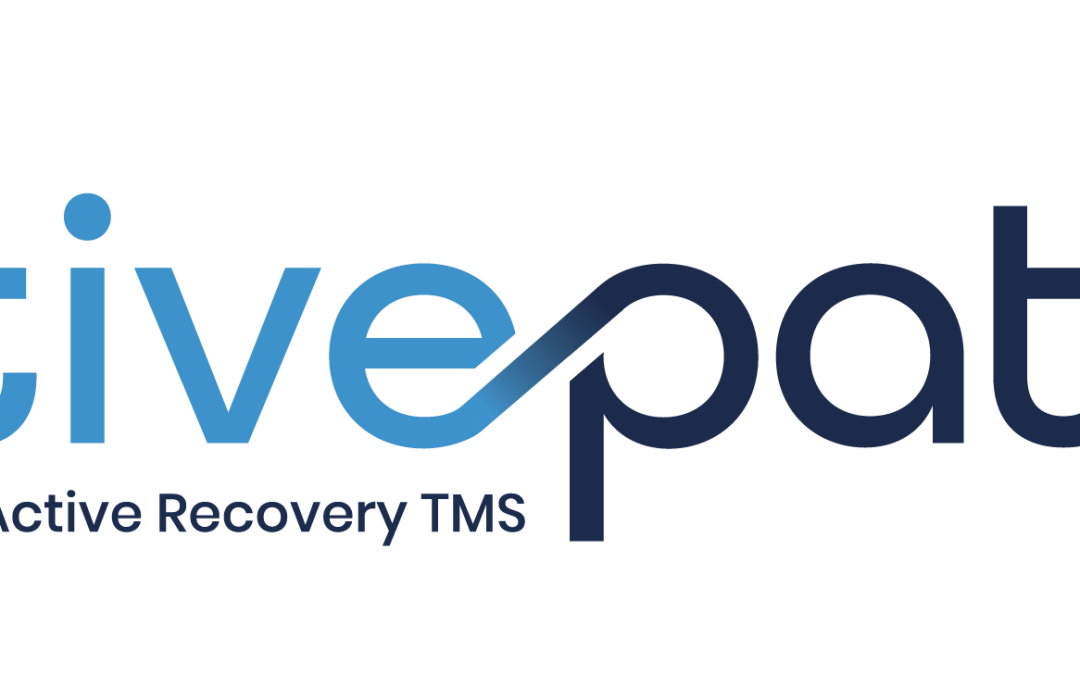Find Hope for
Depression &
Anxiety
What is TMS?
“The joyous part of what we do is watching lives transform – right before our eyes – in weeks.”
– Dr. Pritham Raj, Chief Medical Officer of Active Path Mental Health
TMS is Covered by most insurance plans
The good news is that many insurance providers cover TMS treatment for patients with major depressive disorder. Active Path Mental Health works with most commercial insurance plans as well as Medicaid, Medicare, TRICARE, and TriWest. We are also in-network for Care Oregon.
TMS is an Evidence-based Treatment for Depression and OCD
When antidepressants fail to provide relief, TMS can help. Transcranial magnetic stimulation (TMS) is an FDA-cleared, non-invasive, nonmedication, alternative treatment for depression and obsessive compulsive disorder.
TMS uses a highly focused, pulsed magnetic field (similar to an MRI) to stimulate a specific area of the brain associated with controlling mood. After repeated treatments, TMS can decrease the symptoms of depression or OCD.
TMS Treatment Defined
How TMS Works
What TMS Treats



Verify Insurance Coverage for Treatment

Former Active Path launches new name and brand to reflect expanded services
Jan 18, 2023
Leading Pacific Northwest mental health clinic Active Path Mental Health, formally Active Path, is proud to announce its new company name and brand refresh. Active Path is now Active Path Mental Health After more than five years of providing trusted patient care for individuals struggling with treatment-resistant depression, anxious depression and OCD, Active Path Mental Health is excited...

Navigating the Holidays: Taking Control of Your Mental Health
Dec 20, 2023
This time of year, the holiday lights will sparkle and shine, but inside you may find yourself feeling anything but joyful. If that’s the case this year, you’re not alone! As we prepare for the holiday season, it's important to acknowledge that this time of year can bring a unique set of challenges for our mental health. While the holidays are often associated with warmth and celebration, they...
